The Reserve Bank governor has left his options open ahead of the final cash rate decision of the year, with experts leaning towards another rate rise for December.
Speaking on a panel of central bankers on Friday, Philip Lowe said it was possible to execute a soft landing for the economy.
“But it’s going to be pretty easy to be knocked off it, and our priority will be to get inflation back to target over the next couple of years,” he said at the Bank of Thailand and Bank for International Settlements conference.
But Lowe also doubled down on the lagging effect of interest rate rises.
“It’s quite possible that the lags will be longer this time, partly because of all the savings that people did in the last couple of years.”
The RBA governor also revisited his thinking about longer-term inflationary patterns, arguing that the world was likely passing the era of consistently low inflation.
Thanks to emerging supply-side challenges, including de-globalisation and climate change, he expects to see inflation move up and down more dramatically.
For Lowe, the spike in interest rates could be described as the first test in a new economic landscape characterised by fluctuating inflation.
“We really want people to believe and understand that when inflation moves away from target ... that it will come back,” he said.
“If people don’t believe that, then deviations of inflation from target will be more persistent, and it'll be harder to get it to come back.”
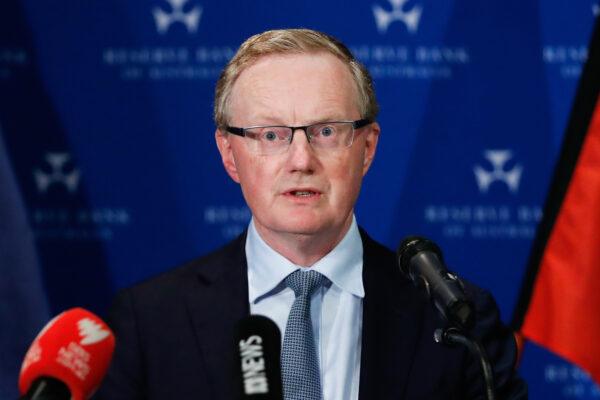
The Reserve Bank has an inflation target band of two to three percent.
Lowe’s words set the scene for the year’s final cash rate decision on Tuesday.
Many economists and experts tip another 25 basis point hike for December.
A Finder survey of 40 experts and economists found almost 90 per cent expect a 0.25 percentage point lift, which will take the cash rate to 3.1 per cent.
AMP Capital’s Shane Oliver said the RBA board would likely be debating a 25 basis point lift or a pause for December.
“The monthly consumer price index and lags support the former, but our base case is the latter given stronger than expected jobs and wages data, and no meeting in January,” he wrote on Twitter.
Impact Economics and Policy’s Angela Jackson expects more interest rate rises next year as economic conditions worsen.
“Current economic conditions warrant a tightening of monetary policy, and while expecting increases to slow in 2023, consider three to four more rises over the next year likely,” she said.
For the average mortgage holder, a 25bp hike in December will add $897 to monthly repayments compared to the beginning of the rate hiking cycle earlier this year.
Savvy mortgage holders have been dodging the worst of the rate rises by refinancing their home loans at a lower interest rate.
Australian Bureau of Statistics data released on Friday revealed refinancing at record levels despite total new loan commitments dipping 2.7 per cent over the month of October.
ABS wealth and finance spokesperson Katherine Keenan said monthly owner-occupier refinancing between lenders remained well above pre-pandemic levels, with investor refinancing activity also consistently elevated.
“The RBA cash rate increased 225 basis points between June and October 2022, which coincided with a greater number of borrowers seeking loans with lower interest rates from competing lenders,” Keenan said.
New home loan commitments have been tapering off to coincide with the rate rises, with the value of new owner-occupier loan commitments falling 2.9 per cent in October.
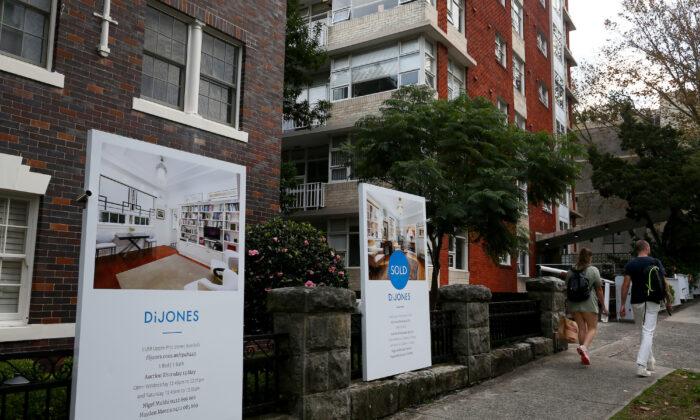

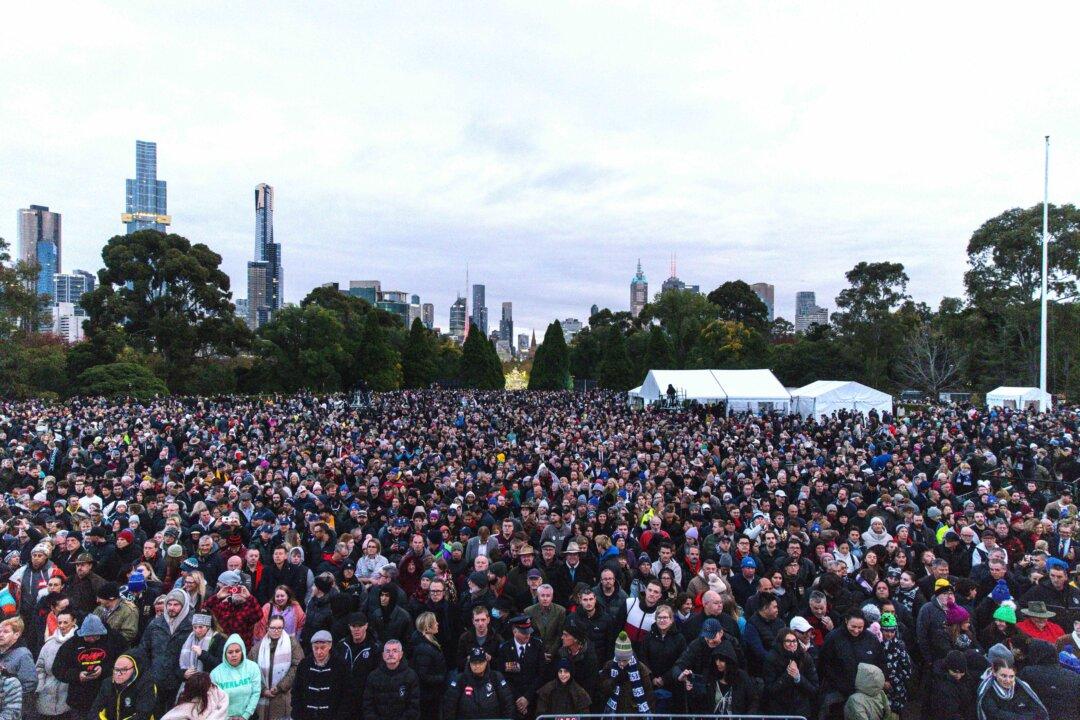
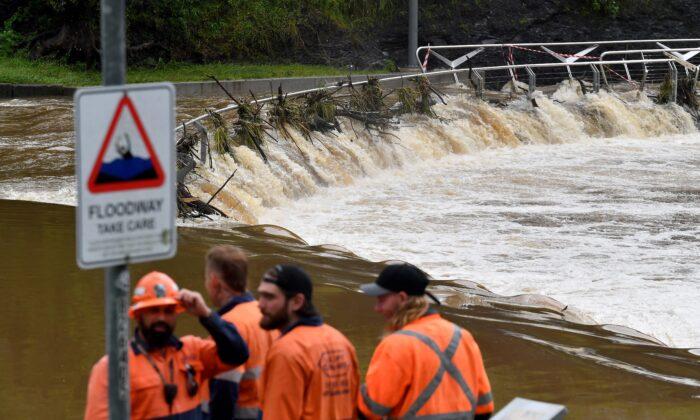

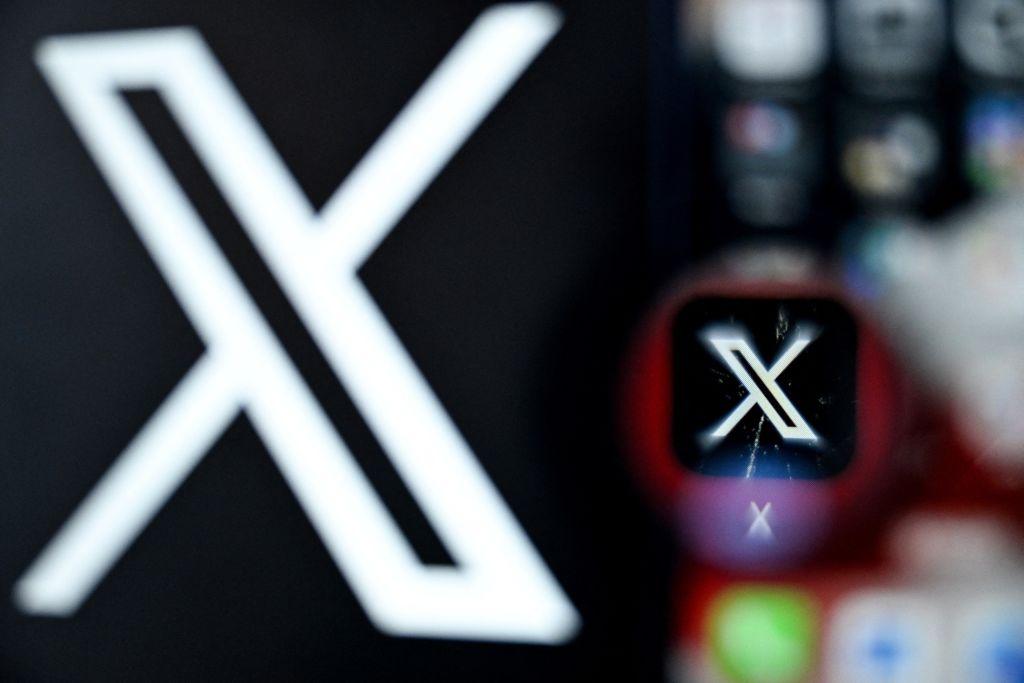
Friends Read Free